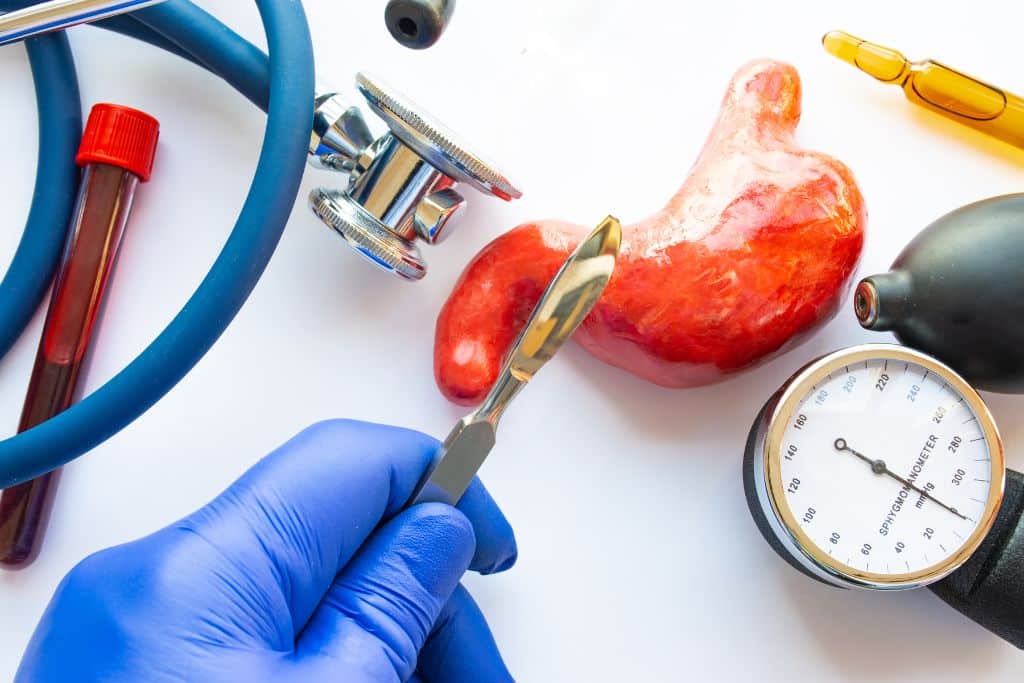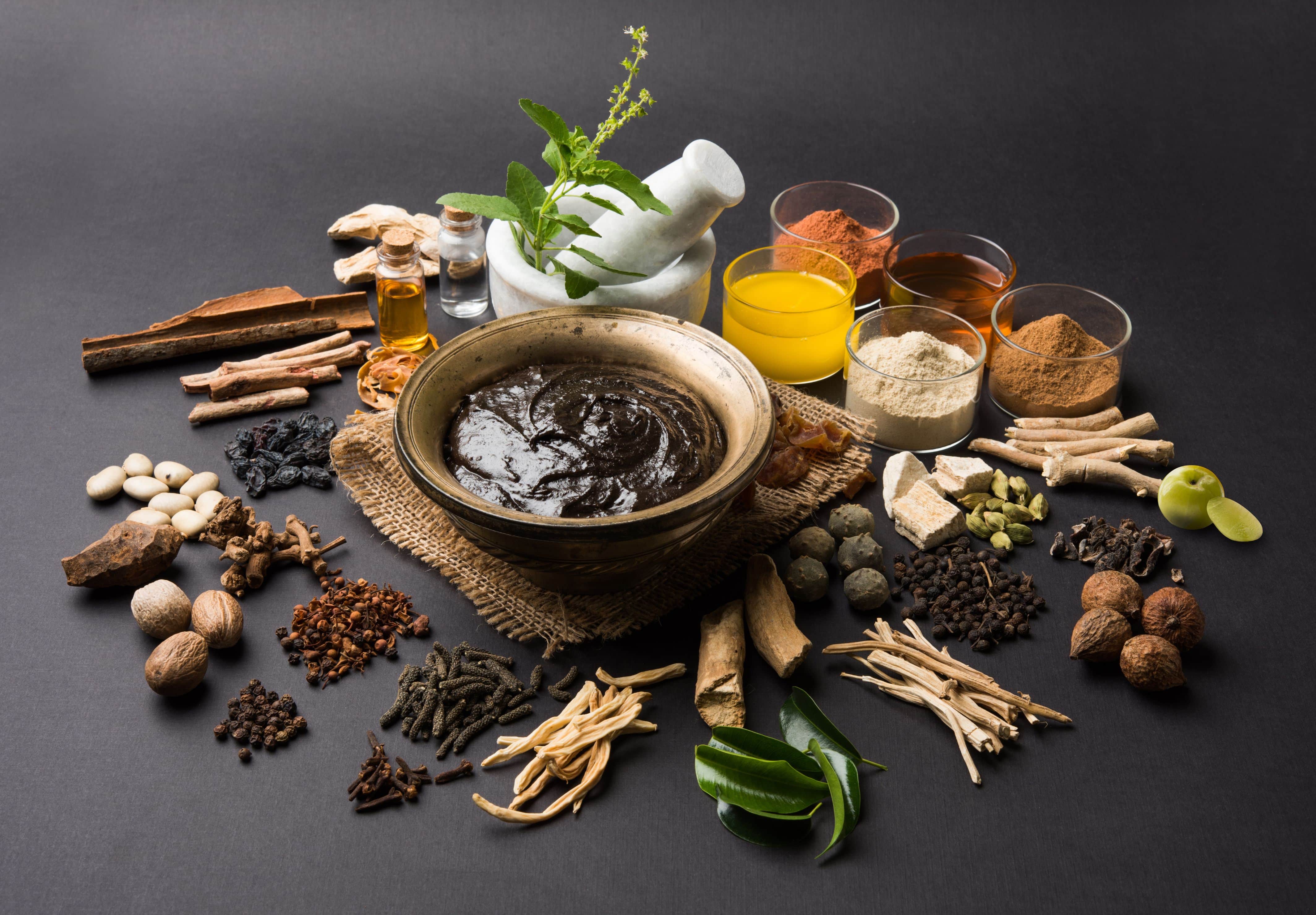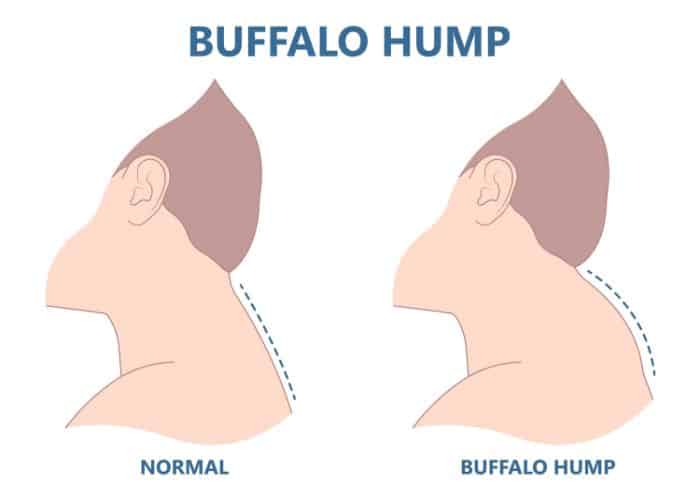Liposuction is a cosmetic surgical procedure that removes excess fat from the body. Many people consider it as a quick fix for weight loss, but it is not a weight-loss alternative. Liposuction is best suited for people who have stubborn fat deposits that are resistant to diet and exercise. However, the question arises, should you lose weight before liposuction surgery?
The short answer is yes, losing weight before liposuction can be helpful. However, it is not always necessary or recommended. Losing weight before surgery can help reduce the risk of complications and improve the overall results. It can also help you maintain your results long-term. However, losing weight is not a requirement, and some people may not need to lose weight before undergoing liposuction. It is essential to consult with a board-certified plastic surgeon to determine the best course of action for your individual needs.
Contents
Understanding Liposuction
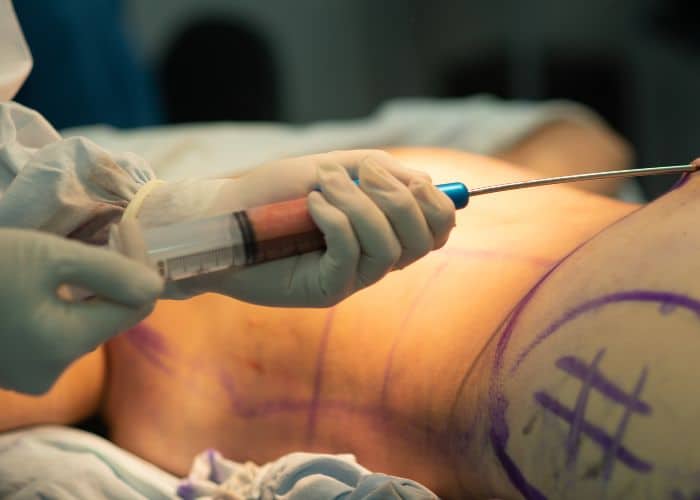
What is Liposuction?
Liposuction is a cosmetic surgical procedure that removes excess fat from specific areas of the body. According to Mayo Clinic, liposuction is a permanent removal of fat cells. However, it is not considered an overall weight-loss method or a weight-loss alternative. Liposuction may work for you if you have a lot of body fat in specific places but otherwise have a stable body weight. It is important to note that getting liposuction doesn't guarantee permanently stable weight over time. You can still gain and lose weight.
How Does Liposuction Work?
Liposuction works by using a cannula, a thin tube with a vacuum attached, to suction out fat from specific areas of the body. The procedure is typically performed under general anesthesia or local anesthesia with sedation. The surgeon will make small incisions in the skin and insert the cannula into the fat layer. The cannula is then moved back and forth to break up the fat cells and suction them out of the body. The procedure typically takes a few hours, depending on the size of the area being treated.
It is important to note that liposuction is not a substitute for a healthy lifestyle. People who are overweight can lose more weight through diet and exercise or through other kinds of surgery than with liposuction. In fact, preparing for liposuction by reaching your target weight, or at least getting close to it, several months before your surgery can be helpful. This allows the surgeon to more accurately target specific areas of fat and achieve better results.
The Weight Loss Dilemma
When considering liposuction, many patients wonder if they should lose weight before the procedure. While it is not always necessary or recommended, losing weight before liposuction can have its benefits. In this section, we will explore the importance of weight loss before liposuction and the risks of not losing weight.
Importance of Weight Loss Before Liposuction
Losing weight before liposuction can help improve the overall results of the procedure. When a patient loses weight before the procedure, it can help reduce the amount of fat that needs to be removed during the surgery. This can help the surgeon achieve a more natural-looking result and reduce the risk of complications.
Additionally, losing weight before liposuction can help improve the patient's overall health and reduce the risk of post-operative complications. Losing weight can help improve cardiovascular health, reduce the risk of diabetes, and improve overall mobility and flexibility.
Risks of Not Losing Weight
While losing weight before liposuction is not always necessary, not losing weight can increase the risk of complications during and after the procedure. When a patient is overweight, it can be more difficult for the surgeon to achieve the desired result. Additionally, overweight patients may be at a higher risk of post-operative complications, such as infection, blood clots, and poor wound healing.
It is important to note that liposuction is not a weight loss procedure. Patients who are significantly overweight should consider losing weight through diet and exercise before undergoing liposuction. Liposuction is best suited for patients who are close to their ideal weight and have specific areas of stubborn fat that are resistant to diet and exercise.
In conclusion, while losing weight before liposuction is not always necessary, it can have its benefits. Patients who are considering liposuction should consult with their surgeon to determine if weight loss before the procedure is recommended.
The Role of Body Mass Index (BMI)
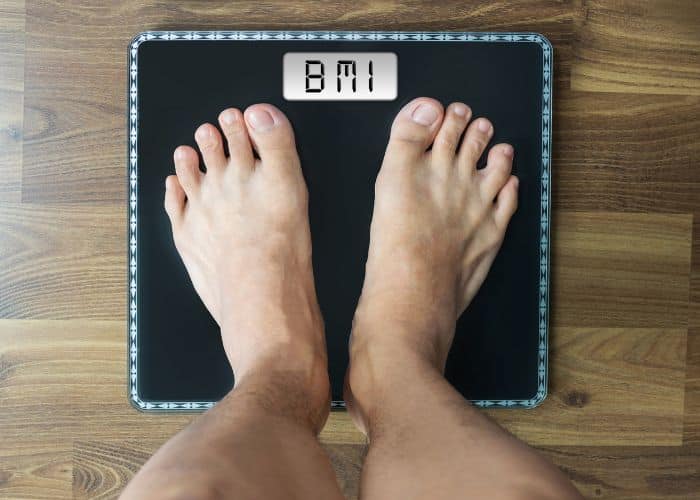
BMI and Liposuction
Body Mass Index (BMI) is a measure of body fat based on height and weight. It is an important factor to consider before undergoing liposuction. Liposuction is not a weight loss procedure but rather a body contouring procedure that removes stubborn fat deposits that are resistant to diet and exercise. Therefore, it is important to be at a stable weight before undergoing liposuction.
A BMI of 30 or higher is considered obese and may increase the risk of complications during and after liposuction. Complications may include bleeding, infection, and poor wound healing. Moreover, the results of liposuction may not be as effective in individuals with a high BMI.
How to Calculate Your BMI
Calculating your BMI is easy and can be done using a simple formula. First, measure your height in meters and your weight in kilograms. Then, divide your weight by your height squared. The formula is:
BMI = weight (kg) / height² (m²)
For example, if you weigh 70 kg and your height is 1.65 m, your BMI would be calculated as follows:
BMI = 70 / (1.65)² = 25.71
A BMI between 18.5 and 24.9 is considered normal, while a BMI between 25 and 29.9 is considered overweight. A BMI of 30 or higher is considered obese.
In conclusion, BMI is an important factor to consider before undergoing liposuction. A high BMI may increase the risk of complications and may affect the effectiveness of the procedure. Therefore, it is important to maintain a stable weight and a healthy BMI before undergoing liposuction.
Healthy Weight Loss Strategies
Before undergoing liposuction, it can be helpful to lose weight to achieve the best results. However, it's important to approach weight loss in a healthy way to avoid any negative impacts on your health. Here are some healthy weight loss strategies to consider:
Diet and Nutrition
To lose weight in a healthy way, it's important to focus on a balanced diet that includes a variety of nutrient-dense foods. This can include:
- Lean proteins such as chicken, fish, and tofu
- Whole grains such as brown rice, quinoa, and whole wheat bread
- Fruits and vegetables of all colors
- Healthy fats such as avocado, nuts, and olive oil
It's also important to limit processed foods, sugary drinks, and foods high in saturated and trans fats. Instead, opt for whole, unprocessed foods as much as possible. Keeping a food diary can help you track your intake and identify areas where you can make improvements.
Physical Activity

In addition to a healthy diet, physical activity is an important component of healthy weight loss. Aim for at least 150 minutes of moderate-intensity exercise per week, such as brisk walking, cycling, or swimming. You can also incorporate strength training exercises to build muscle, which can help boost your metabolism and aid in weight loss.
It's important to find physical activities that you enjoy and can stick with over the long term. This can include group fitness classes, hiking, or even dancing. Start with small goals and gradually increase your activity level over time.
Remember, healthy weight loss is a gradual process that requires patience and consistency. By focusing on a balanced diet and regular physical activity, you can achieve sustainable weight loss that will benefit your overall health and improve your liposuction results.
Post-Liposuction Care
After undergoing liposuction, it is important to take proper care of yourself to ensure a smooth recovery and maintain the results of the procedure. Here are some important things to keep in mind during your post-liposuction care:
Maintaining Results After Liposuction
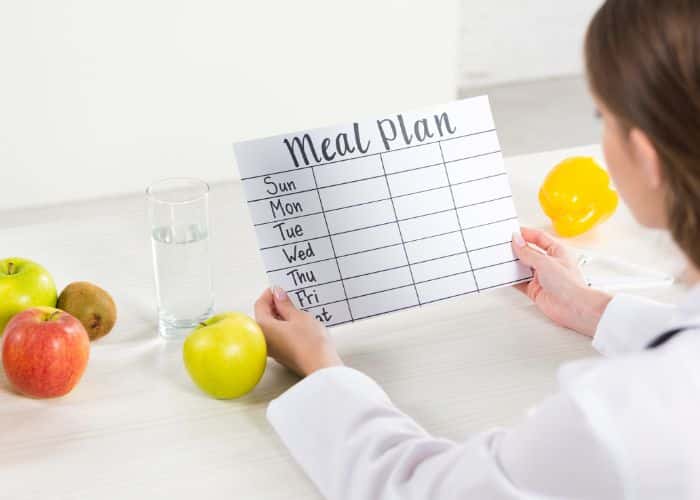
Liposuction is not a weight loss solution, but rather a way to contour and shape the body. To maintain the results of the procedure, it is important to maintain a healthy lifestyle that includes regular exercise and a balanced diet. While the fat cells that were removed during liposuction will not return, it is still possible to gain weight in other areas of the body if you do not maintain a healthy lifestyle.
In addition to maintaining a healthy lifestyle, it is important to follow your doctor's instructions for post-operative care. This may include wearing a compression garment, taking prescribed medications, and avoiding certain activities until you are fully healed.
Possible Complications and How to Avoid Them
While liposuction is generally a safe procedure, there are some possible complications that can occur. Infection, bleeding, and fluid accumulation are all possible complications that can occur after liposuction.
To avoid infection, it is important to keep the incision sites clean and dry. If you notice any signs of infection, such as redness, swelling, or discharge, contact your doctor immediately.
Bleeding and fluid accumulation can be minimized by wearing a compression garment as directed by your doctor. It is also important to avoid strenuous activity for at least a few weeks after the procedure to allow your body to heal.
In addition to these potential complications, it is important to be aware of the risks associated with any surgical procedure, such as anesthesia complications and blood clots. Your doctor will discuss these risks with you prior to the procedure and take steps to minimize them.
By following your doctor's instructions for post-operative care and maintaining a healthy lifestyle, you can minimize the risk of complications and maintain the results of your liposuction procedure.
Conclusion
In summary, it can be helpful to lose weight before getting liposuction, but it's not always necessary or recommended. Liposuction is not a weight loss tool and is not a substitute for weight loss. Instead, it is designed to permanently eliminate small to moderate clusters of stubborn fat that have become unresponsive to traditional diet and exercise methods.
It's important to note that people who are overweight can lose more weight through diet and exercise or through other kinds of surgery than with liposuction. Therefore, it's recommended to be within 30% of your ideal weight before getting liposuction. Chronic smokers are also at a higher risk of developing a serious type of infection called skin necrosis after liposuction.
Prior to getting liposuction, it's important to consult with a board-certified plastic surgeon who can evaluate your individual situation and determine if liposuction is the right option for you. They can also provide guidance on how to prepare for the procedure, including recommendations for diet and exercise.
In addition to consulting with a plastic surgeon, it's important to focus on building muscles several months before your procedure. This can improve your strength and position you for faster healing. Changing your diet and avoiding smoking can also have a positive impact on your overall health and well-being.
Overall, liposuction can be a helpful tool for achieving your desired body shape, but it's important to approach it as a complement to a healthy lifestyle rather than a substitute for it.



